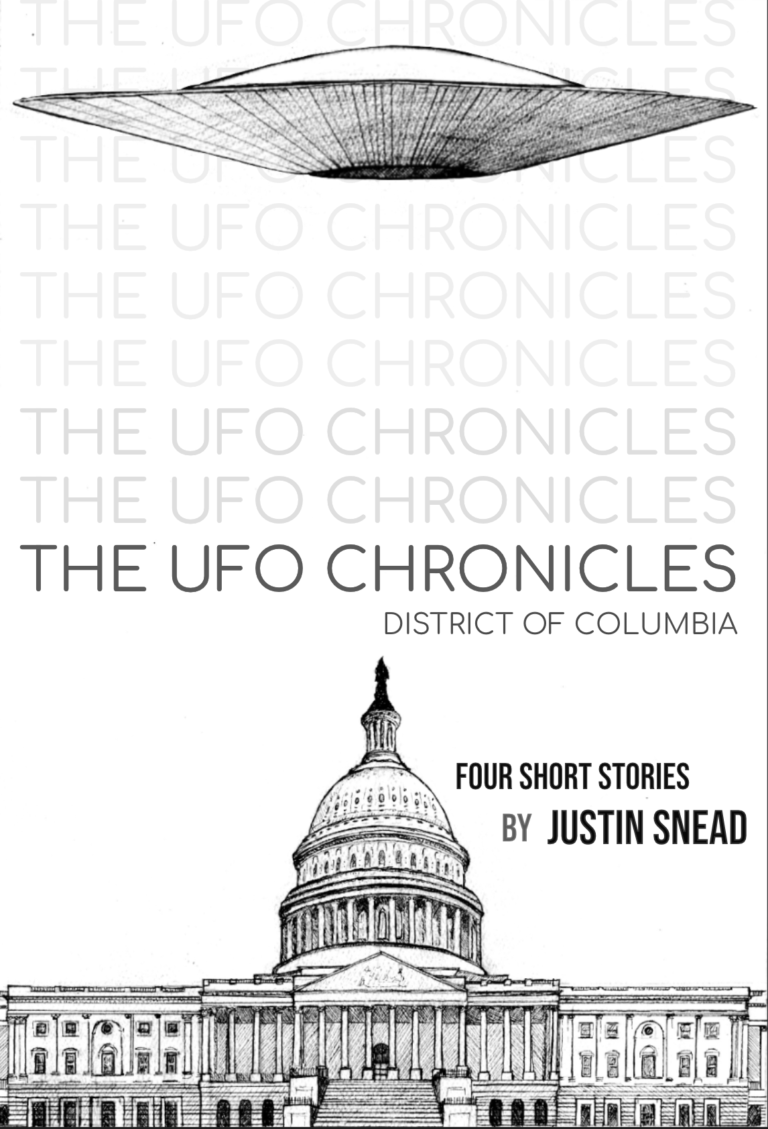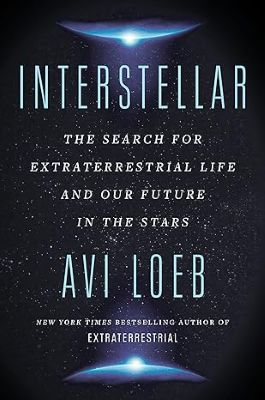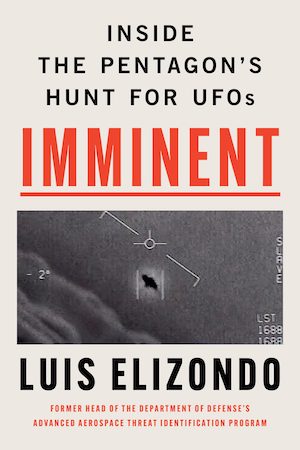
Book Review: Avi Loeb's - Interstellar

Interstellar – The Search for Extraterrestrial Life and Our Future in the Stars
Publisher: HarperCollins
Publication date: 08/29/2023
Pages: 256 (226 pages plus notes)
Esteemed professor Avi Loeb heads up the Galileo Project at Harvard University, a science-based effort to understand the nature of UAP (UFOs). Interstellar is our glimpse into this astonishing project and importantly, its potential impact on human society.
For the skeptical mind wondering if there is any reality to the notion that extraterrestrials are behind UAPs, Loeb is the perfect person to guide the reader. He’s a well know and highly credible scientist. And of course, he speaks the language of science, helping the reader to understand the extraterrestrial hypothesis is a hypothesis not a conspiracy theory, then outlining steps for gathering data to prove or disprove that hypothesis. That this highly credentialed scientist is willing to stake his reputation on the investigation into extraterrestrials and UAP is a statement on Loeb’s perceived importance of the topic.
At the same time, Loeb is knowledgeable on the UAP topic. Throughout the book, he discusses recent government activities and lawmaking on UAP. He covers people active in the UAP community such as Ryan Graves and Luis Elizondo as well as various related government offices and task forces like AATIP, UAPTF and AARO. He’s clearly plugged into the current state of affairs regarding UAP.
All of this positions Loeb to be the perfect person to provide the general public with greater depth on the UAP topic. He takes pain to explain that the UAP phenomenon is simply another unknown that can and should be addressed by science. No need for government proclamations or blurry photos. Just hard data, expertly gathered and parsed by scientists to validate or invalidate a hypothesis. The book is the perfect combination of Loeb’s personal credibility, hard science and an introduction to the extraterrestrial hypothesis to help onboard the skeptical to the topics of UAP and extraterrestrials.
——
The Galileo Project’s fundamental precept seems to be this: Humans were very likely born into a mature universe that has been richly populated by many interstellar, non-human societies for billions of years. It should be possible to find some of their junk. From this junk we prove the existence of non-human intelligences (NHI) and perhaps get a leg up on our own technological advancement.
The project’s numerous efforts on UAP study are shockingly comprehensive. Complex hardware and software sensing packages capture photographic, infrared, radar, magnetic, audio and other inputs, using AI to process the data down to just the truly anomalous observations deserving investigation. Satellite imagery is computer processed to identify potential UAP. Remnants of Interstellar Object IM1 are scraped off the bottom of the Pacific Ocean and analyzed, and more.
The Galileo teams are taking gigantic, never before considered steps to generate hard scientific data to help resolve the questions of whether the earth is or has been visited. For those that follow the UAP topic, it’s a dream come true.
——
Equally important, Loeb explains us why the potential discovery of NHI is important to humanity. Those reasons revolve around maturing ourselves as a race, which, in combination with technological advancement are viewed as humanity’s pathway to both an interstellar future and survival of the race.
Loeb’s big concern for the future of humanity is surprisingly straight forward. He sees humanity at great risk due to the fact that we all live on a single planet. Accordingly, he believes that humanity needs to inhabit multiple planetary bodies in order to ensure our survival. On this topic Loeb is strikingly similar to Elon Musk in that each of them has a strong sense of urgency to get human populations resident on other planets, moons or arks.
——
One of our most respected and decorated scientists, Avi Loeb appears to be at a place in his career where he is free to touch the untouchables of science: UAP, extraterrestrials and the intransigence of the scientific community on these topics. Interstellar gives us a view into his efforts and the possible impact of these discoveries on humanity. It’s a very enjoyable read.
Interstellar: The Search for Extraterrestrial Life and Our Future in the Stars – Amazon
.
